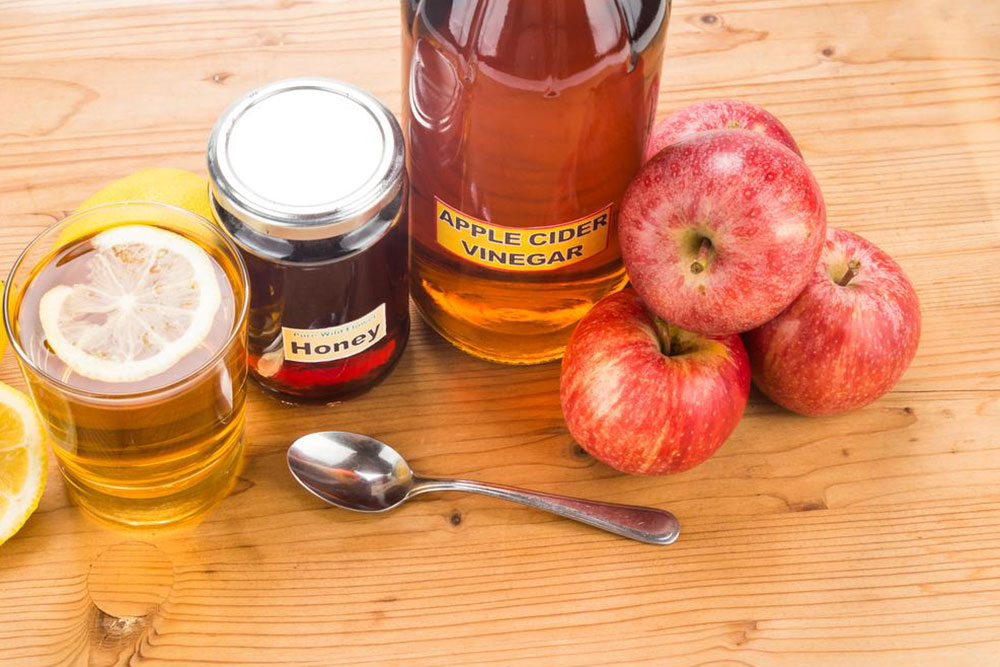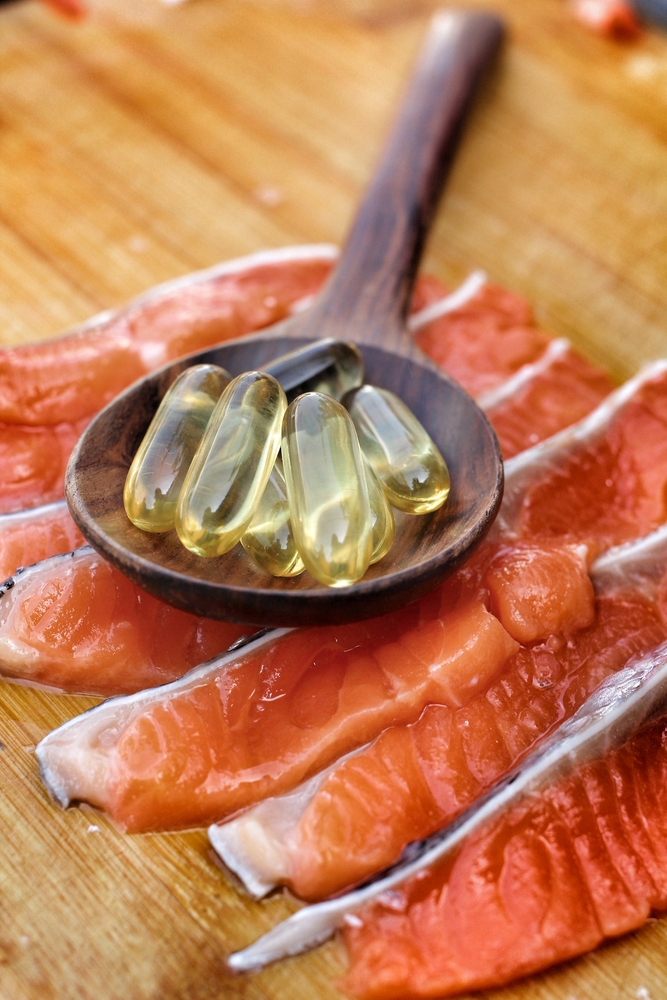Natural Strategies to Reduce Heart Disease Risk
Discover natural ways to lower your risk of heart disease with lifestyle tips and dietary recommendations. Incorporate foods like ginger, pomegranate juice, and turmeric, along with healthy habits such as drinking warm beverages and increasing omega-3 intake. These methods can support cardiovascular health and reduce the chances of developing serious heart conditions safely and effectively. Always consult healthcare professionals for personalized advice.

Natural Strategies to Reduce Heart Disease Risk
Cardiovascular conditions can manifest in various forms, but many are life-threatening. The roots of most heart issues stem from poor lifestyle choices, such as consuming greasy, processed foods or leading a sedentary life. Implementing intentional lifestyle modifications can greatly lower the chance of developing heart problems.
Tips for a Heart-Healthy Lifestyle
The following recommendations are effective in supporting heart health and preventing cardiovascular ailments. If any signs of heart trouble appear, consulting a healthcare professional promptly is vital:
Ginger
Beyond its culinary appeal, ginger offers antioxidant and anti-inflammatory benefits that promote heart health.
Ginger supports heart health by preventing blood clots, lowering triglycerides, reducing cholesterol levels, and lowering blood pressure. It also reduces digestive gas and soothes the stomach. Since ginger acts as a natural blood thinner, excessive intake should be avoided, especially for those on blood-thinning medications.
Capsaicin
This compound gives spicy peppers their heat. Research in 2015 found that capsaicin can lower blood pressure, reduce the risk of metabolic syndrome, slow atherosclerosis progression, and improve exercise tolerance in angina patients.
It also aids in weight management, diminishes the risk of heart muscle thickening, and helps regulate blood sugar. A daily intake of around 20 mg of capsaicin is considered safe.
Warm Beverages
Consuming warm drinks can aid digestion and reduce gas buildup, which is a common cause of chest discomfort. Beverages like hibiscus tea not only boost digestion but also help lower blood pressure, triglycerides, and cholesterol levels, supporting cardiovascular health.
Omega-3 Fatty Acids
Supplementing with omega-3s can contribute to lowering blood pressure, reducing triglycerides, slowing atherosclerosis development, and preventing arrhythmias.
Pomegranate Juice
Regular consumption of pomegranate juice provides antioxidants that help control cholesterol and maintain healthy arteries. It aids in reducing arterial plaque buildup and improves blood flow, which are crucial for heart health. Incorporating a glass of pomegranate juice into daily meals can foster healthier habits.
Curcumin
Derived from turmeric’s bright color, curcumin reduces inflammation that can lead to heart disease. It also helps balance cholesterol by lowering bad cholesterol and increasing good cholesterol levels.










